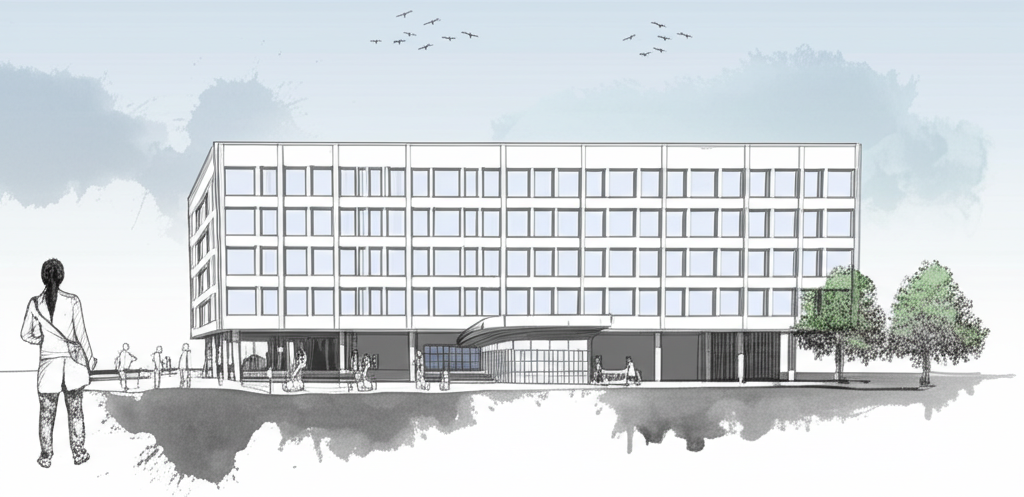Here’s a quick rundown of what’s happening:
- The Deal: Nigeria is close to securing $2.3 billion for the Siemens power project.
- The Goal: To revamp electricity transmission and provide reliable power.
- The Impact: Could significantly improve power supply and boost the economy.
- The Challenge: Nigeria’s power sector has faced decades of underinvestment and inefficiency.
Nigeria’s Power Sector: A Shocking State of Affairs
For years, Nigerians have endured frustrating power outages, crippling businesses and hindering daily life. Despite being Africa’s largest economy, Nigeria’s power infrastructure has lagged behind, plagued by aging equipment, inadequate investment, and systemic inefficiencies.
Imagine trying to run a small business when the lights go out multiple times a day. Or students struggling to study in the dark. This is the reality for millions of Nigerians. The lack of reliable electricity has been a major obstacle to economic growth and development.
The $2.3 Billion Lifeline: What’s the Plan?
The Presidential Power Initiative (PPI), or Siemens deal, is a bold attempt to tackle these issues head-on. With a $2.3 billion investment, the government aims to:
- Upgrade and expand transmission lines
- Install new power transformers and mobile substations
- Improve grid stability and reduce transmission losses
Power Minister Adebayo Adelabu has emphasized the importance of this project, highlighting the government’s commitment to transforming the power sector. According to Adelabu, the pilot phase of the project is nearly complete, with the installation and commissioning of 10 power transformers and 10 mobile substations already underway.
Is this Actually Going to Work?
While the Siemens deal offers a glimmer of hope, some experts remain cautiously optimistic. The success of the PPI hinges on several factors:
- Effective Implementation: The project must be executed efficiently and transparently to avoid delays and cost overruns.
- Addressing Systemic Issues: In addition to infrastructure upgrades, the government must address underlying issues such as corruption, regulatory bottlenecks, and revenue shortfalls in the power sector.
- Attracting Private Investment: To achieve long-term sustainability, Nigeria needs to attract private investment in power generation, distribution, and transmission.
Powering the Future: What’s at Stake?
A reliable and affordable power supply is essential for Nigeria’s economic development. It can:
- Boost industrial production and create jobs
- Improve healthcare and education
- Enhance the quality of life for millions of Nigerians
With the Siemens deal, Nigeria has a golden opportunity to turn the tide and finally unlock its full potential. The world is watching to see if this ambitious project can deliver on its promise and bring light to Africa’s largest nation.
EU Support and the Road Ahead
The European Union (EU) has pledged to continue providing technical and financial support to Nigeria’s power sector. The EU Ambassador to Nigeria, Gautier Mignot, expressed the EU’s commitment to collaborating with Nigeria, particularly in the area of energy transition.
The minister also mentioned the potential impact of declining international oil prices on the nation’s economy, but assured that President Bola Tinubu is focused on revamping the power sector.
As Nigeria moves forward with the Siemens deal, it must also explore other energy sources, including solar and hydro power, to diversify its energy mix and ensure long-term energy security.





